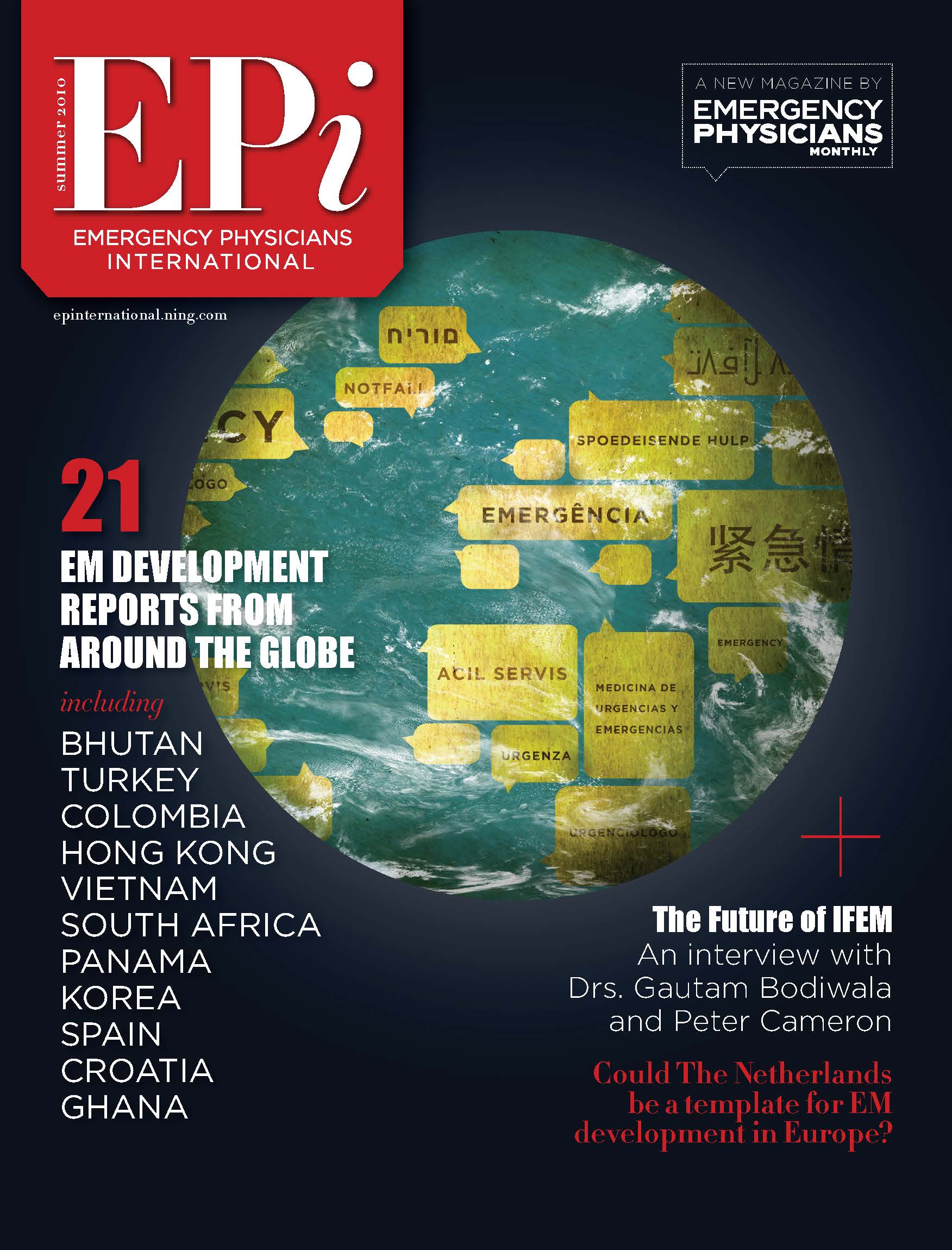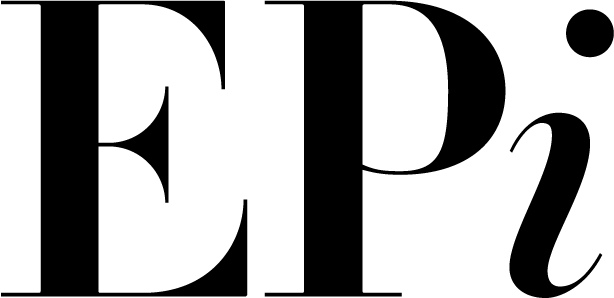Open in Case of Emergency: Part I
“Open in case of an emergency…”
The title written on a still sealed envelope inside of which contains my own handwritten reason I decided to go into Emergency Medicine. This was our savvy Program Director’s attempt to alert us to the possibility that one day we would wake up and realize we were tired, unhappy, or questioning ourselves. I scribbled something down quickly and sealed it. My co residents took their time.
I had just returned from a long but restful 4-month trek between Mexico, Nepal and Southeast Asia, where my wanderlust had dissolved the weight of recent board exams and residency interviews; I must have thought myself invincible. “How would that even feel?” I pondered (...being unsure of yourself or your role in your profession, that is). I was a clear-minded, young, sprightly, motivated recruit eager to please, and equipped with a strangely compelling sense of justice-mindedness.
What was not clear to me at the time was that It was not a, “what if,” but a “when.” Also, the reason I could not take this (retrospectively) extremely important exercise as such is because I knew what I knew then; and, here’s the Catch-22: I most certainly did not know what I did not know at that time, either.
Stick with me, because there will constantly be a ton of things in life you do not know that you do not know. Thus, a cheat sheet, from me to you, of the Things I Wish I Knew Then:
That we wouldn’t even begin to understand the journey and responsibility we would come to bear simply because we were first year residents. Like uncorrupted youth in a way, we couldn’t possibly know what we have yet and may never experience. Including what to feel, when to ask what to ask, how to protect yourself from potentially toxic environments, what disability insurance to get, what to feel when to feel, or how to feel it appropriately in public. That feeling it the wrong way could get you in trouble.
How to be a well rounded adult in a profession with very little rewards at times and a whole lot of responsibility.
How you may be following recommendations from someone who has less than a couple of years of experience in their field. How easy it is to lose insight into one’s own well-being when attempting to figure out all of the above and just get by. How their own limitations can constrain all of the possibilities that may be open to you without this knowledge otherwise.
“They” of course being literally everyone who has ever given me advice or taught me within the scope of clinical medicine and patient care. Everyone.
Continuing…
That naivety, ego and unbridled confidence will be your bane in medicine- whether in residency, fellowship or at some point in your professional career.
Naïve? Ego? Unbridled confidence? Yes. Recognize the lack in your knowledge despite your 30 chest tubes, 7 successful CPR ROSCs and 40 intubations. You are honestly no expert in your field just yet, despite just having made a grand difference in many people’s lives. Woah. Hard to swallow? Still feeling insulted? Most of you are probably slightly smarted, especially if you have recently graduated from Fellowship.
If you are insulted, meet your ego. You may have never known it was hovering around at all times. Tell it to calm down for a second.
I say this to someone who likely spends 90+ hours a week dedicated to their specialty? I get it. Almost insulting- but, let’s be real, you don’t know it all. Is it even possible to know every research study outcome and whether it was good or bad as it pertained to every unique patient presentation that could possibly ever present? Pretty sure it’s not. I’m also pretty sure it is easy to forget this concept whether your specialty is micro hand surgery or Emergency Medicine (aka: having the “tricks to all trades yet masters of none”).
Let us then acknowledge it for what it is: ego. Fear of being perceived as less than all powerful in one’s field rather than recognizing one’s limitations, gaps in knowledge, potential learning opportunities, and commanding trust as a result of this humility. How do I know? Who do I think I am?
I am absolutely no one other than an ER provider having borne some recent heavy burdens. As such, I am everyone. I also know at least some of you can relate to some of this.
For example, some of you have taken a job that made you (initially unconsciously) miserable, maybe in the wrong city. Some of you have made personal life choices that have gotten in the way of your careers and vice versa. Some of you are trapped under a mentor who holds your future in their hands unjustifiably. Some of you have had to deal with very troubling ethical questions both personally and clinically, alone. Some of these decisions have exploded in your faces. Some of you are dealing with the deaths of loved ones, with mortgages, childcare issues, with student loans, a pandemic no one, not even the CDC, was prepared to deal with.
Some of you are probably also hearing news of international uncertainty, whether due to political unrest, the climate crisis, or anything in between. Some of you are heart broken because of this. Some of you may even be questioning your place in this world of seemingly selfish individuals who have the actual cojones to go on public TV, take advantage of those with lower medical literacy, and start a fight between parents and the rest of humanity about a proven life saving intervention that will keep our schools open: a mask. Some of your minds are blown that politics and social media, not medicine, not evidence or science, is taking control of society. Minds blown that there is a general paucity and lack of respect for the truth and the general well being of all (so long as no one is watching them). Voyeurism. It’s a thing.
I tell you this because it is important at times we remember we can only control what we experience and know or seek to know. That whatever terrible tone that consultant or coworker or resident took with you or vice versa that one time on your first impression of them likely had absolutely nothing to do with you. Rather, it was an unfiltered unconscious externalization of “all of the things” that person is going through. Everyone has their physical and psychological burdens, and allowing your already lowered threshold of tolerance for &^%$ in the setting of lack of sleep, exhaustion, and overall burnout to be triggered by some dismissive (and often, yes, incorrect) comment from an overconfident and thus reckless 2nd year consultant-in-training nos is a recipe for EM career suicide. For example, you in your own state take it personally, negate the lack of benefit for your patient, consultants, or your own mental happiness. Allowing that dastardly resentful ego to impair your sense of interprofessional communication while simultaneously, yet unintentionally, making enemies all around you. I (and imagine some of you) hit this low at one point.
I was tired. I also hated my job. I felt resentment for my patients. I also had no patience for the proud arrogance I myself once had and boasted as a resident. This seems like an Emergency, is it not? So then why is my “Open in Case of Emergency” envelope still sealed?
The answer is easy; because I know what it says. It is as clear and simple to me today as it was then: “To help people.”






